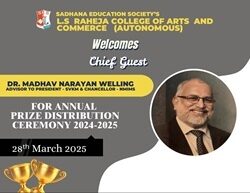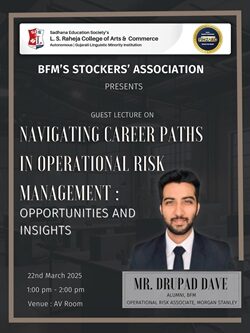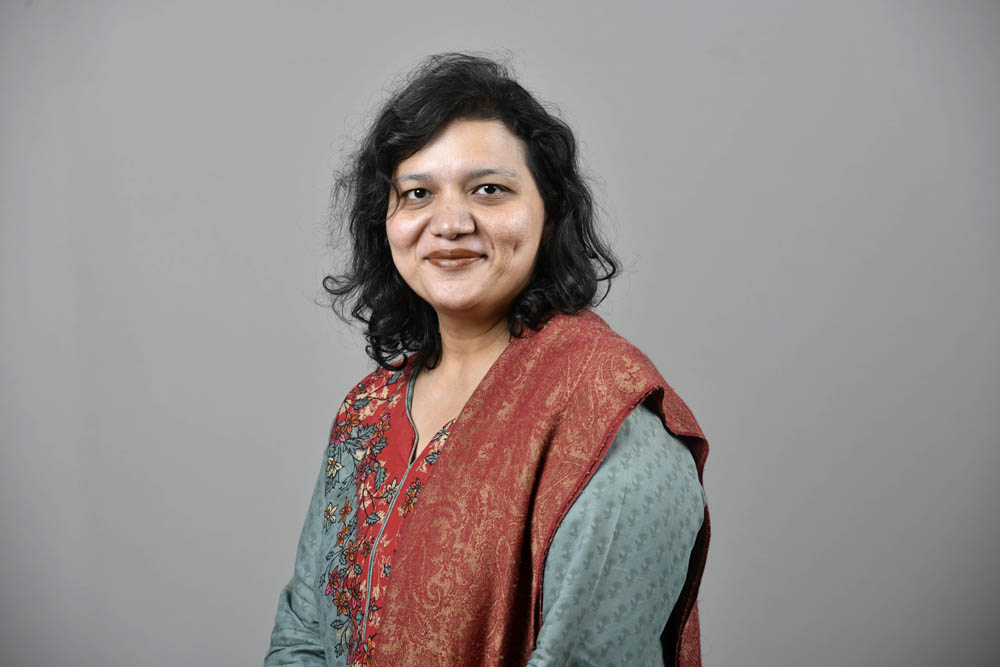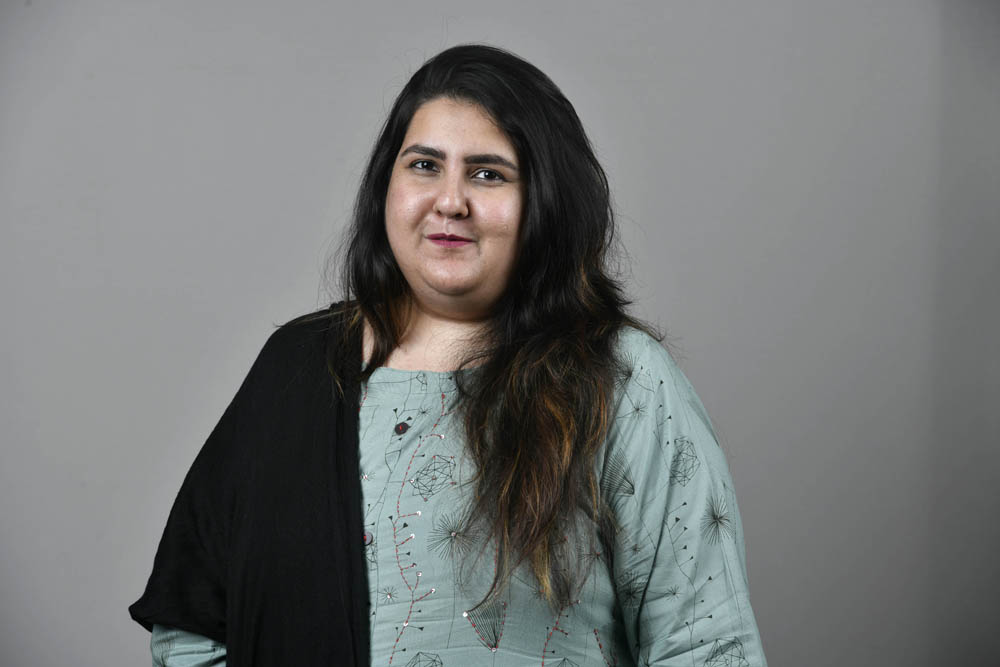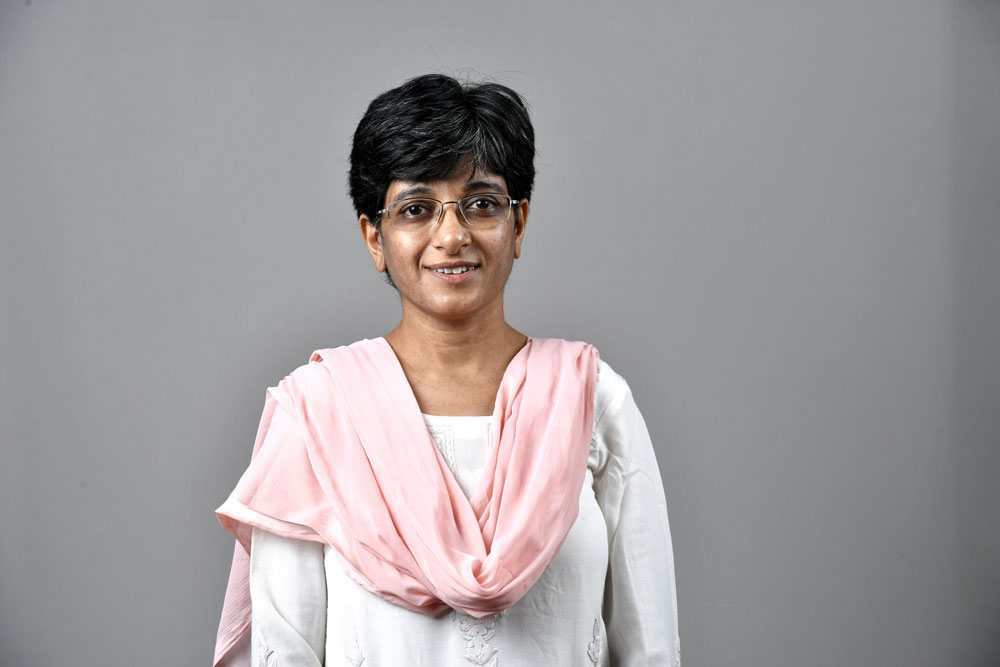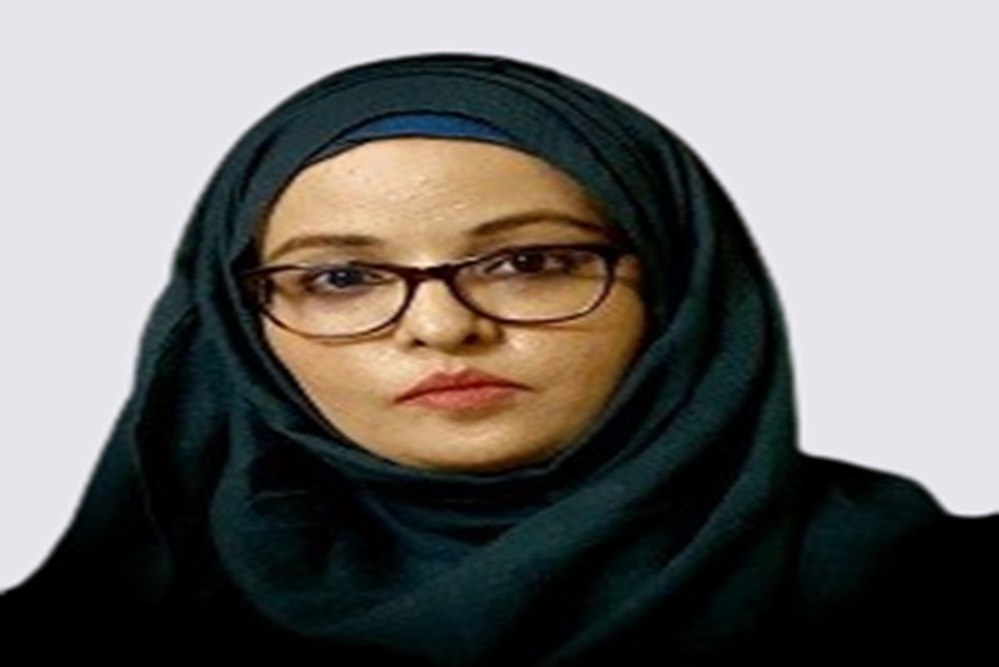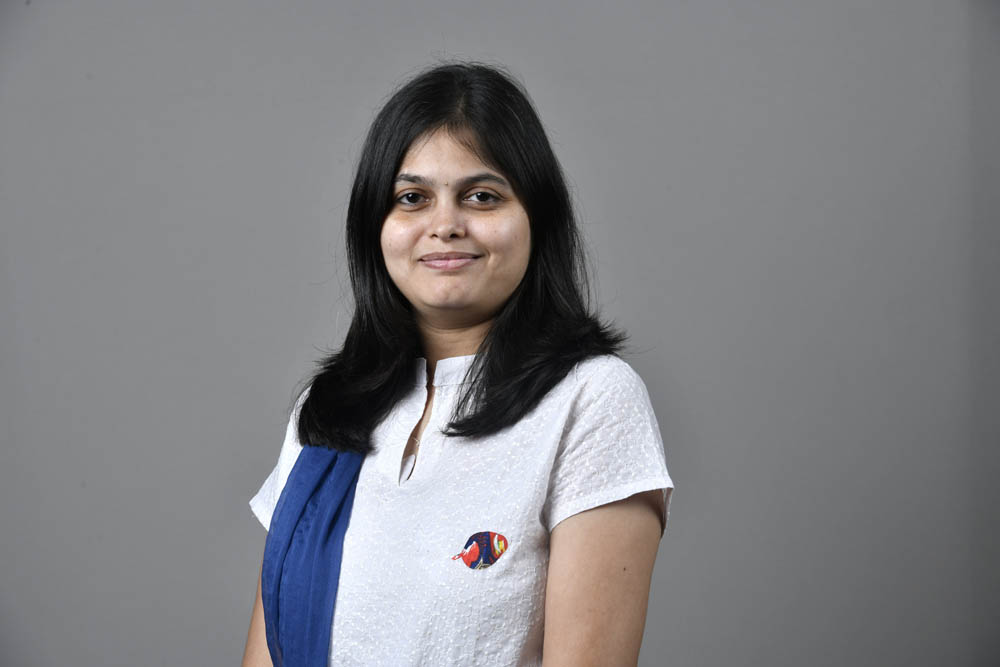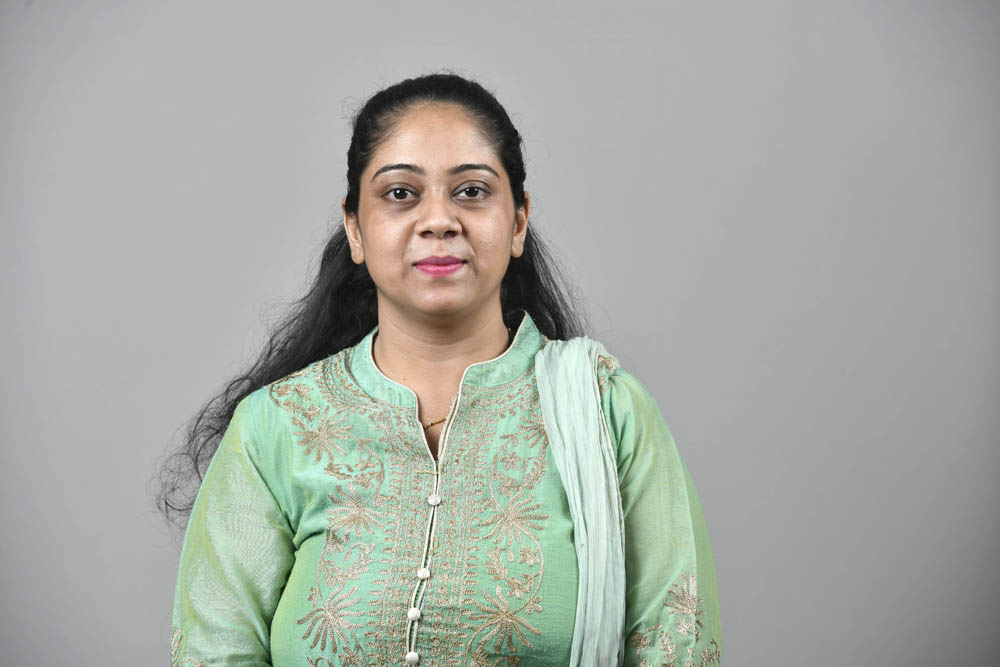BACHELOR OF ARTS (B.A) F.Y.B.A. :
R. Adm./Arts/2024-BACHELOR OF ARTS (B.A.)
INHOUSE STUDENTS: Inhouse students must have passed, Higher Secondary Examination, (class XII) preferably in one attempt and they will be given admission as per admission schedule as notified by the college from time to time.
Other than Inhouse students : A candidate for b e i n g eligible for admission to the three y e a r integrated U G program u n d e r N E P 2 0 2 0 leading to the degree of Bachelor of Arts, must have passed the Higher Secondary School Certificate (12th Class) examination conducted by the different Divisional Boards of the Maharashtra State Board of Secondary and Higher Secondary Education OR its equivalent examination from any other board, having passed in all subjects with 35 % of marks in aggregate* in one and the same sitting with the following subjects:-
1. English
2. Any one of the Modern Indian Languages or Modern Foreign Languages or any classical Language or Information Technology
3. Any four subjects carrying 100 marks each.
OR
Must have passed the Higher Secondary School Certificate (12th Class) examination with vocational subjects conducted by the different Divisional Boards of the Maharashtra State Board of Secondary and Higher Secondary Education OR its equivalent examination from any other board in all subjects with 35 % of marks in aggregate* in one and the same sitting with the following subjects:-
1. English
2. Any one vocational subject carrying 200 marks prescribed by the Board from time to ti
3. Any three subjects carrying 100 marks each.
OR
Must have passed the Higher Secondary School Certificate (12th Class) examination with the Minimum Competency based vocational courses conducted by the different Divisional. Boards of the Maharashtra State Board of Secondary and Higher Secondary Education
OR
its equivalent examination from any other board in all subjects, with 35 % of marks in aggregate* in one and the same sitting with the following subjects:-
1. English
2. Any o n e of t h e m o d e r n Indian Languages or Modern Foreign Languages or Classical Language or Information Technology.
3. General Foundation Course.
4. Any one subject carrying 300 marks from among the Minimum Competency based Vocational Courses (MCVC) prescribed by the Higher Secondary School Certificate examination from time to time.
*Applicable to other than INHOUSE students. Inhouse students must have passed, Higher Secondary Examination in one attempt.


